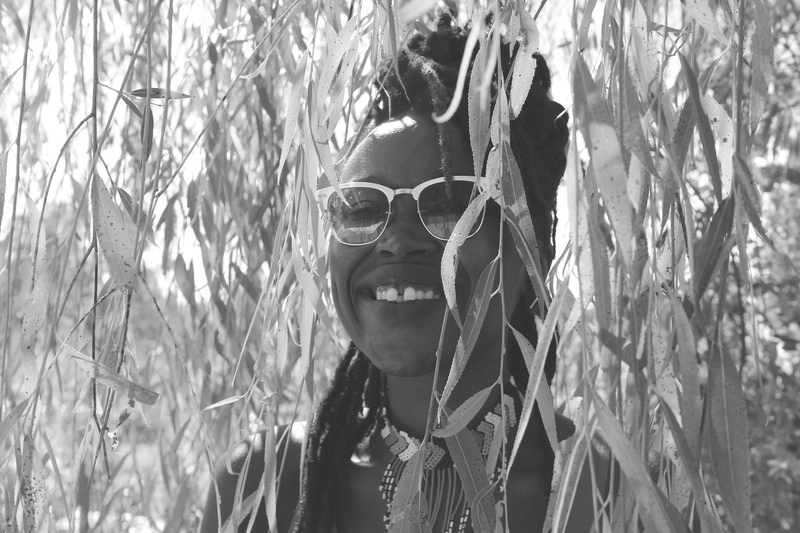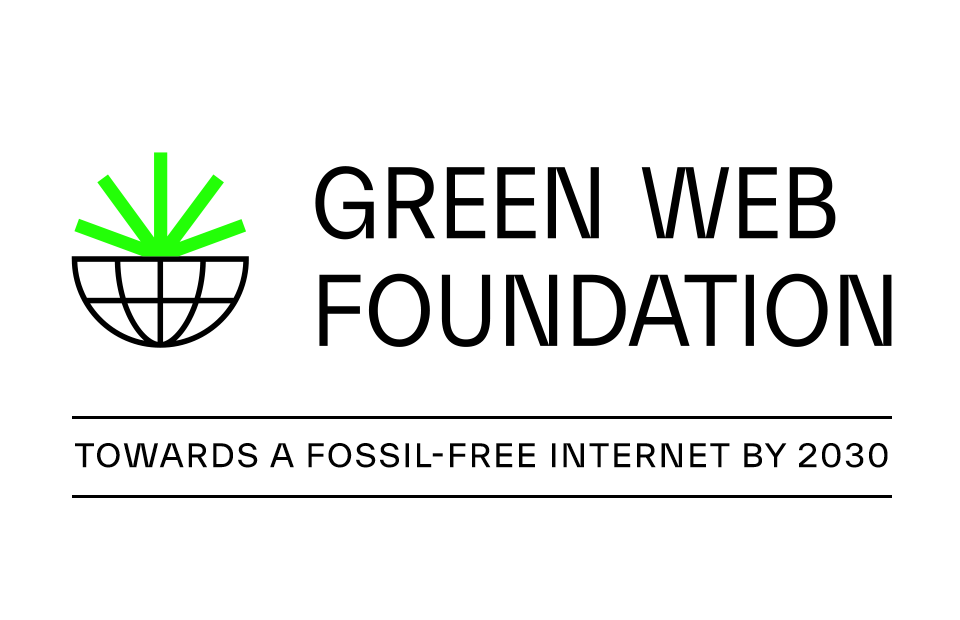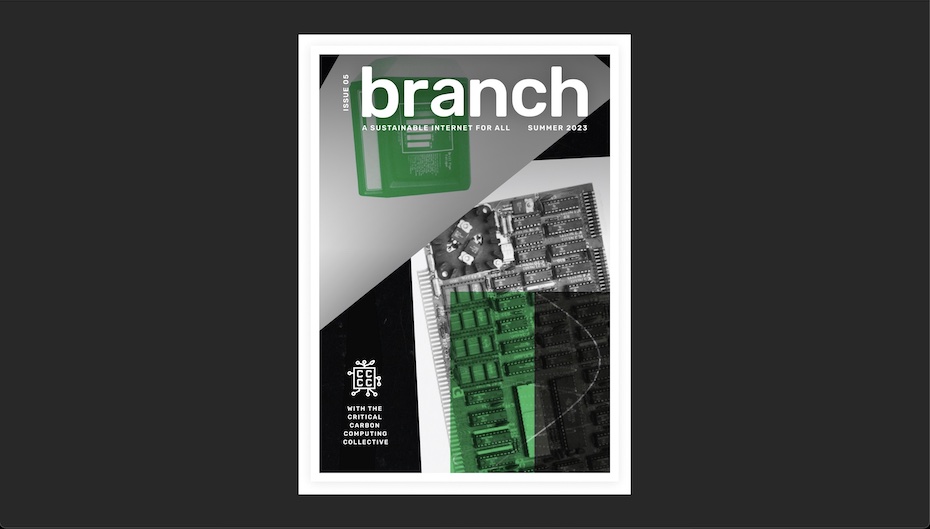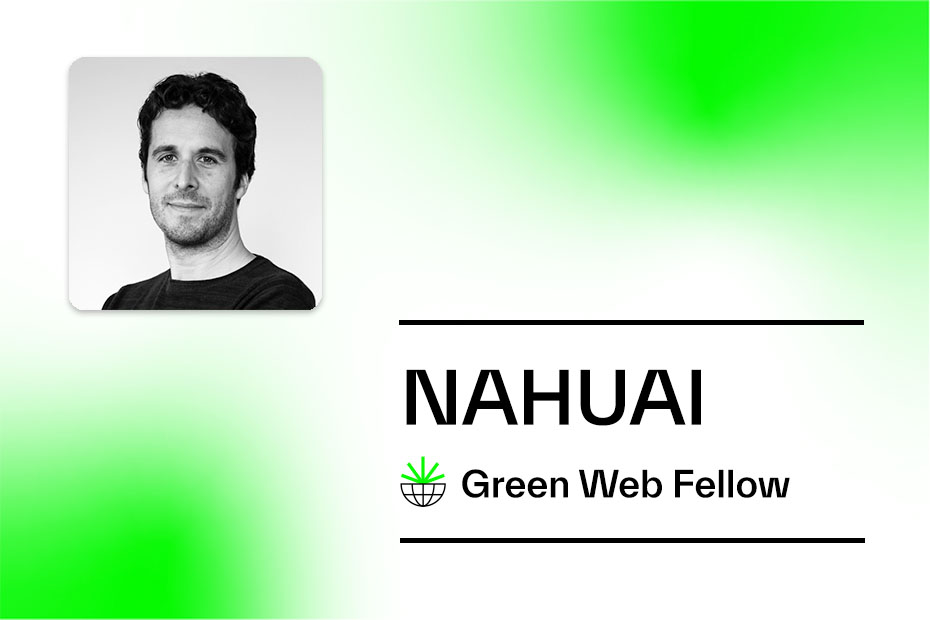In our last posts we introduced Hannah Smith , Emilio Velis, Fieke Jansen, and Melissa Hsiung , fellows the Open Green Web syllabus programme. In this post, we are thrilled to introduce Slammer Musuta and learn more about their work.
Meet Slammer
Slammer navigates this thing called life as a DJ, web developer, and information security practitioner. They have dedicated 20 years to community development work in Washington, DC through media justice organizing and community-led research, as well as radio and event production. Slammer makes daily offerings of IT and operational security support to grassroots organizations working for justice through community care. Their communication and organizing approaches are inspired daily by speculative fiction, music, and people’s ability to survive and thrive.
What does a sustainable and just internet mean to you?
Sustainability and justice can be conflicting goals if there are no clearly defined values to align them. Ten years ago, I would have given a definitive answer that a just internet is one without barriers to access. And that measuring sustainability had everything to do with how many people could be online. But then as more and more people accessed the internet and digital tools transformed into keys for democratic participation, the more I recognized how inequitable systems shape what that access looks like—from where and how fiber cables are laid to the algorithms that help people become online influencers.
As I work towards how to define a sustainable and just internet, I know being able to opt-out of digital engagement should not penalize individuals and communities. People should be able to access what they need and feel connected to the world without needing to be online. I believe that building the internet’s infrastructure and the communities that come with it should take into account the impact for future generations. I do believe that decentralization plays a role in sustainability. I’m looking forward to exploring this question through research and collaboration.
In your opinion, what are the most important things internet professionals should do to advance climate justice?
At this point in time, I’m not sure how to define the role(s) of an internet professional. I think people that create and facilitate content are internet professionals as well as people building infrastructure that connects us. I’m interested in developing a set of evolving questions that anyone who relies on the digital world can ask themselves to inform that answer because I don’t think it’s one size fits all:
- What resources are powering our projects and how do we manage those resources?
- Are we willing to approach our work with a set of values that centers several generations after us? And how do we do that?
- What protections do we need to fight for in the workplace to hold companies accountable around climate justice goals?
- How do we measure our impact on the climate crisis?
- Are we willing to sundown projects if mitigating their negative impact on the environment is impossible or creates little impact?
What role does openness play in your practice? What about peer learning and open education?
I have contributed to open-source projects as a programmer. I make the digital security curriculum that I develop open and remixable to organizers interested in teaching in their communities. The goal is that the work that I do as a consultant will be either obsolete or that others that share my social justice values but not necessarily my technical background can incorporate those learnings into their work. I’ve learned so much from repair movements. Being able to take apart things, figuring out how they work, and fixing or remixing to find other ways for its use according to your context is an important part of peer learning that leads to innovation.
What do you look forward to learning about in this fellowship program? What unique perspectives or skills would you like to contribute?
I love teaching and learning with others. All of my work uplifts the transference of knowledge and the cultural and historical importance of storytelling as an organizing practice towards justice. I’m bringing that with me in this cohort as someone who has organized hundreds of workshops on digital literacy, security, and reporting. I think that shapes what I’m looking forward to learning about in this program.
There will be many opportunities to learn directly from the diverse experiences and research of this first cohort. And I’m most excited about that. This includes regularly scheduled virtual gatherings to share learnings and hold discussions. I believe that will give me new insights into how I can build a climate justice analysis in my work. Also, there is an evolving fellowship reading list that I will use to inform my research and inspire collaboration opportunities.
Anything else you’d like to share? About your fellowship plans, about the intersection of the internet, climate justice and openness, or your work in general?
I feel privileged to be part of a movement that is working to shift the way society thinks about and approaches building sustainable digital security culture. Security culture and therefore security practices are built on a foundation of fear and oftentimes centers property (whether it’s the state, corporate, individual) over community safety & security.
Tools & practices to secure our digital identities are always changing. So much of my work is about moving away from a practice that centers on technology as the only solution for protecting our communities. And instead of embracing a practice that values pedagogic training for mutual learning. Security practitioners/providers should reframe their role from expert to collaborator with communities that are seeking security support. Meaning that we (security practitioners/providers) have as much to learn about security, safety, and privacy from the communities we consult.
I think this approach to digital security aligns with my fellowship plans. I see climate justice work as a process of choosing community safety & security. How we do that has to involve community organizing in a culturally relevant way that uplifts the way communities are currently caring for our world.
Thank you!
Follow Slammer on Twitter: @pumzi_code
Up next: Our Fellowship Plans
We’ll post our vision and activities as a fellowship group as well individual fellowship plans.
Stay up to date
You can subscribe to our web feed with a feed reader, join our newsletter, or follow us on Twitter at @greenwebfound.



